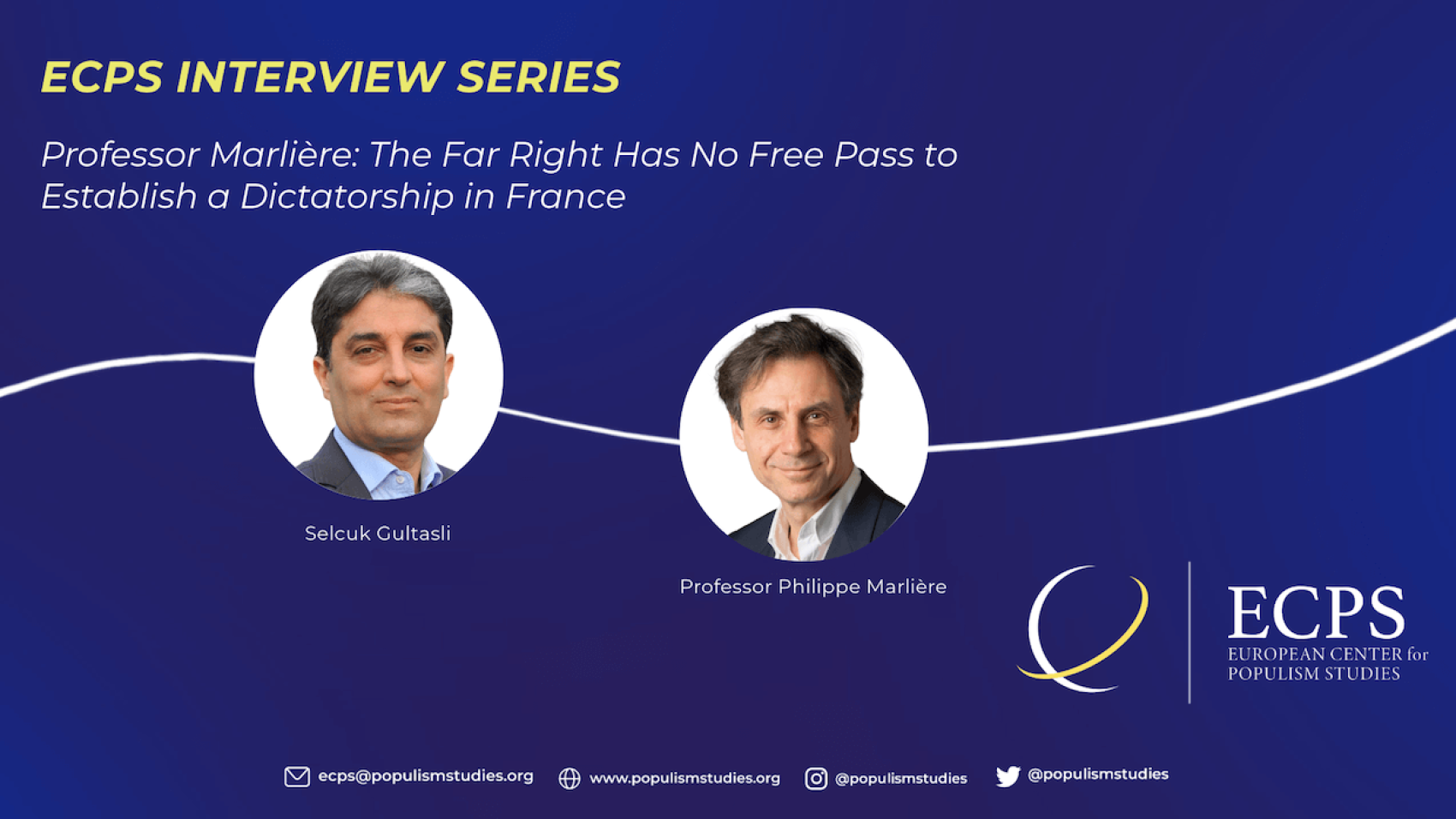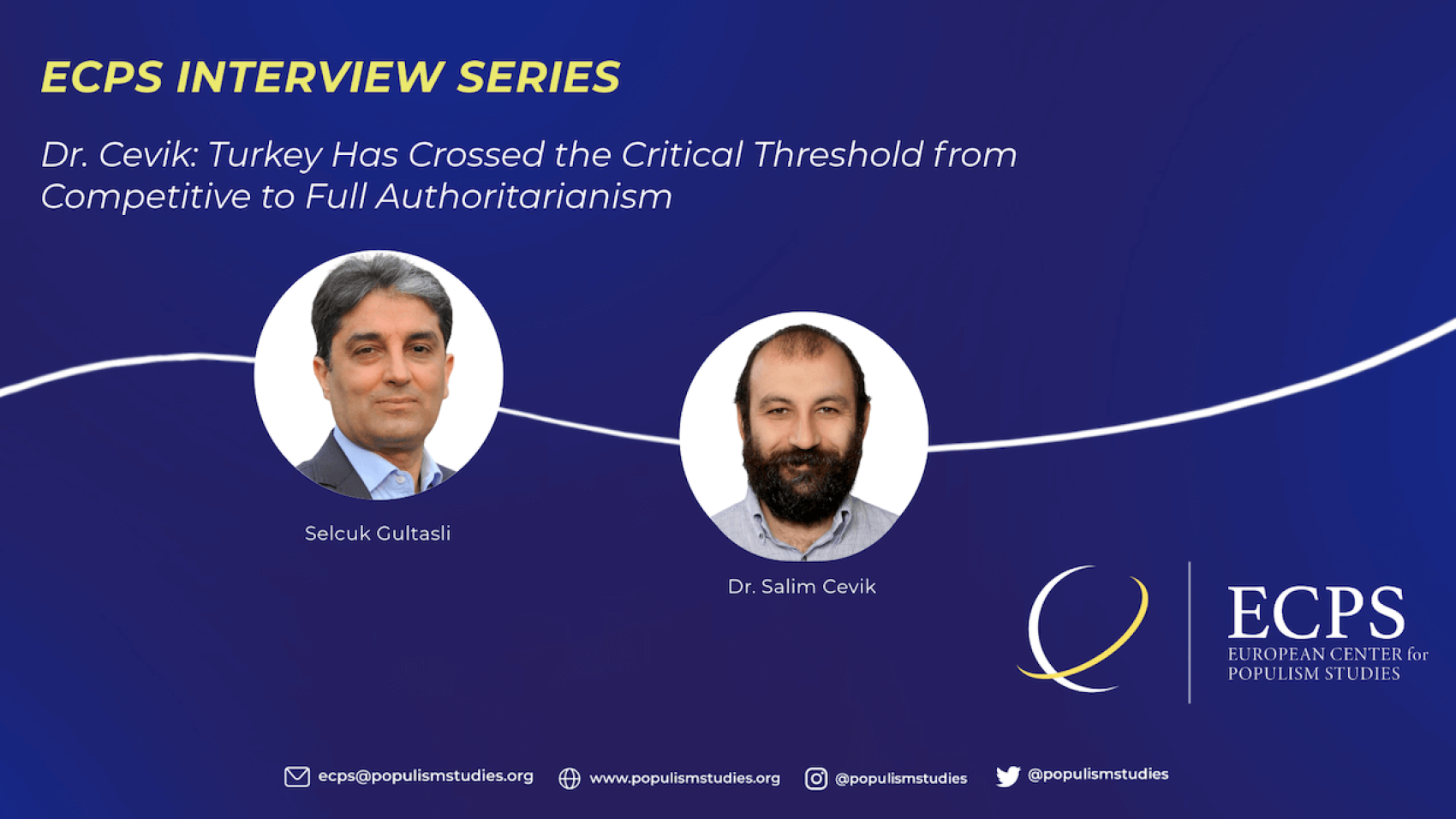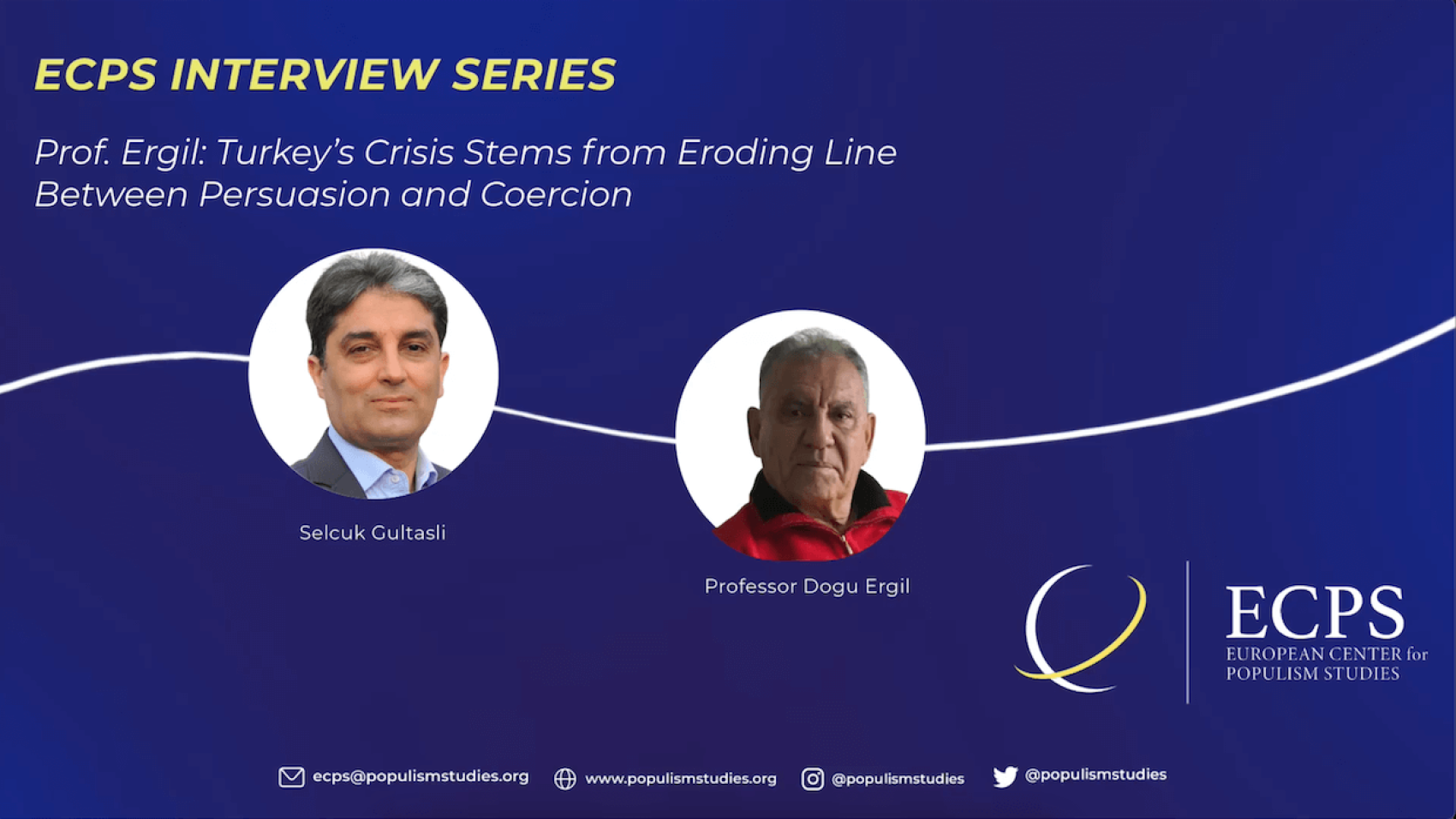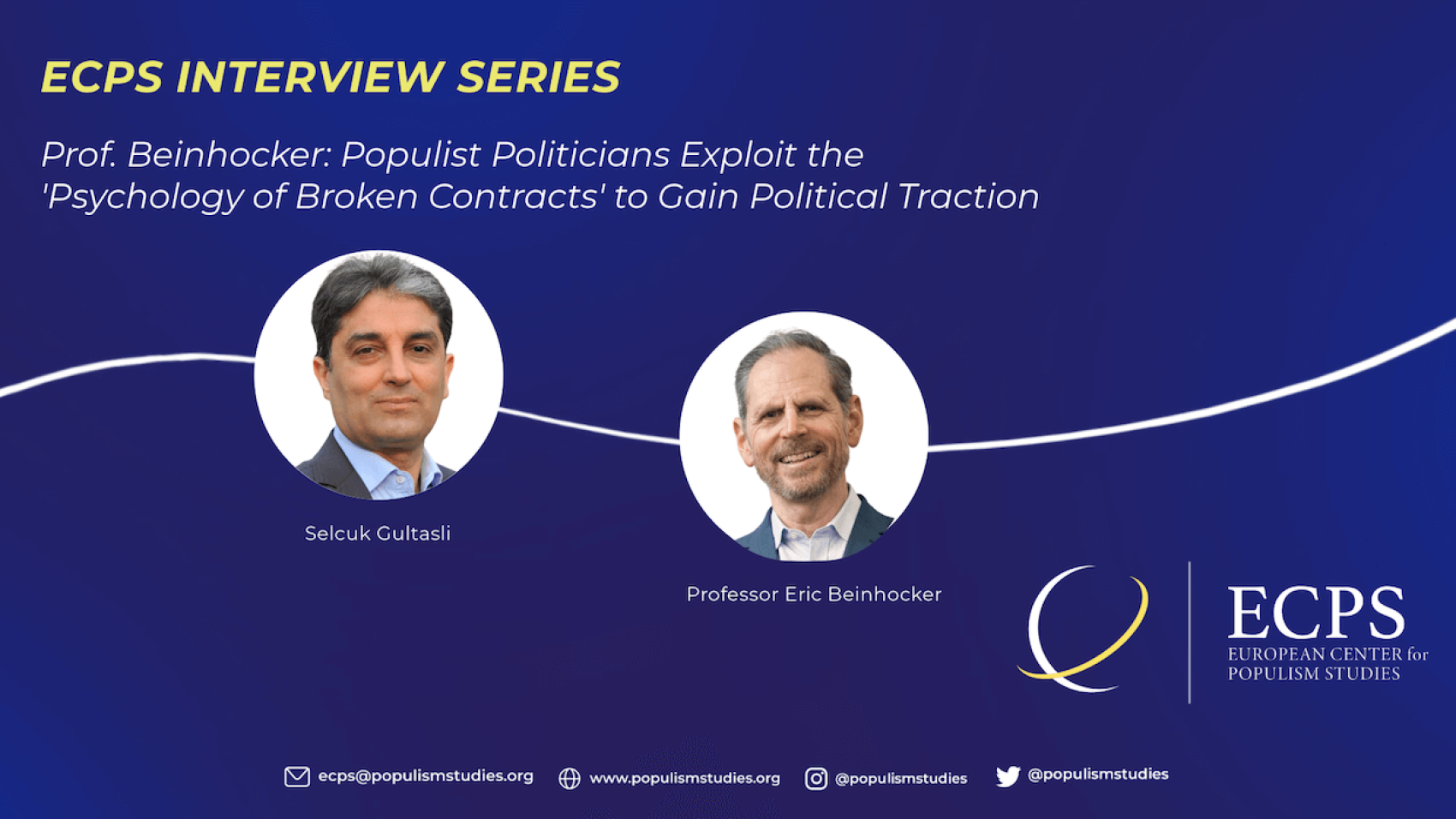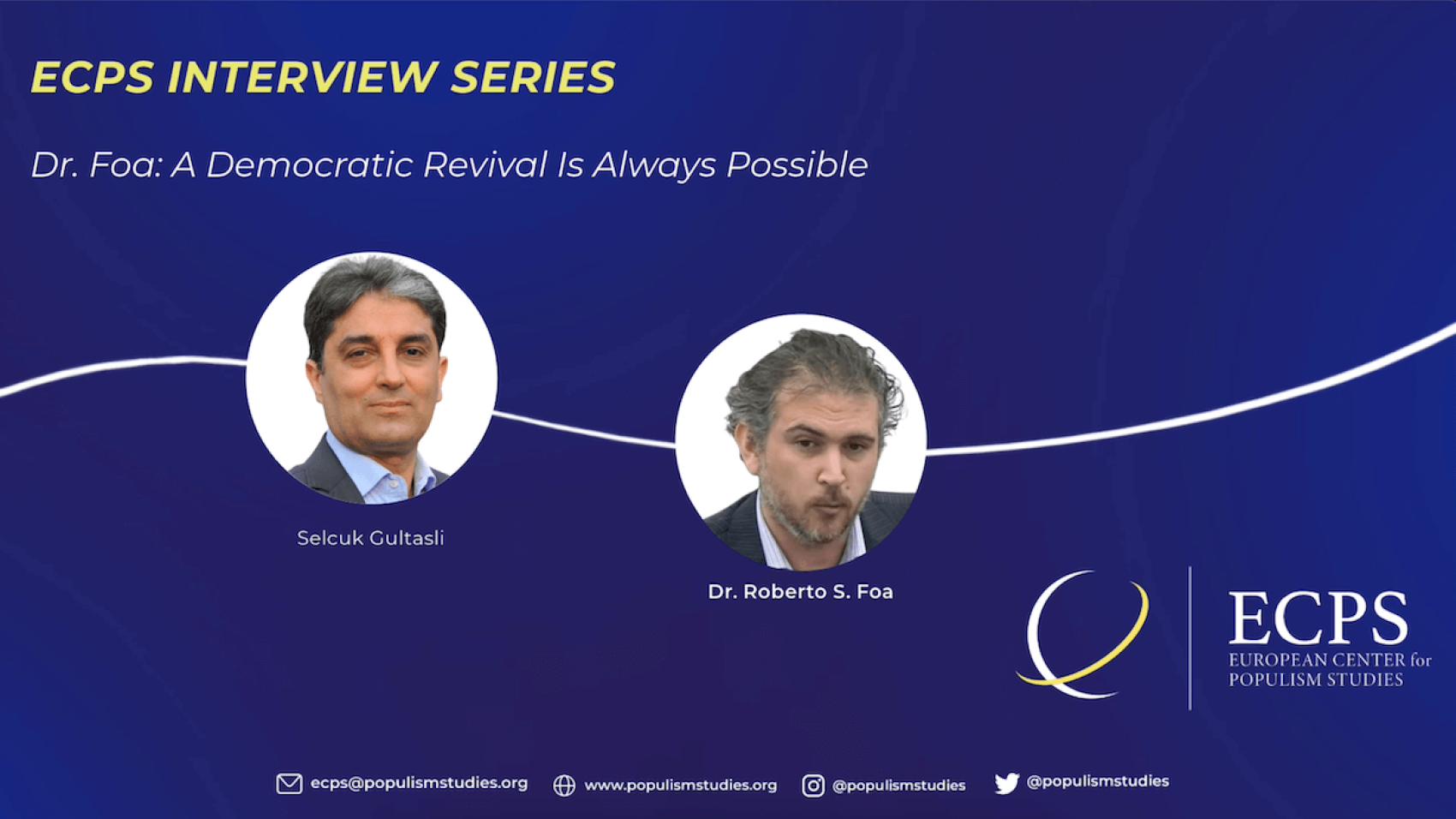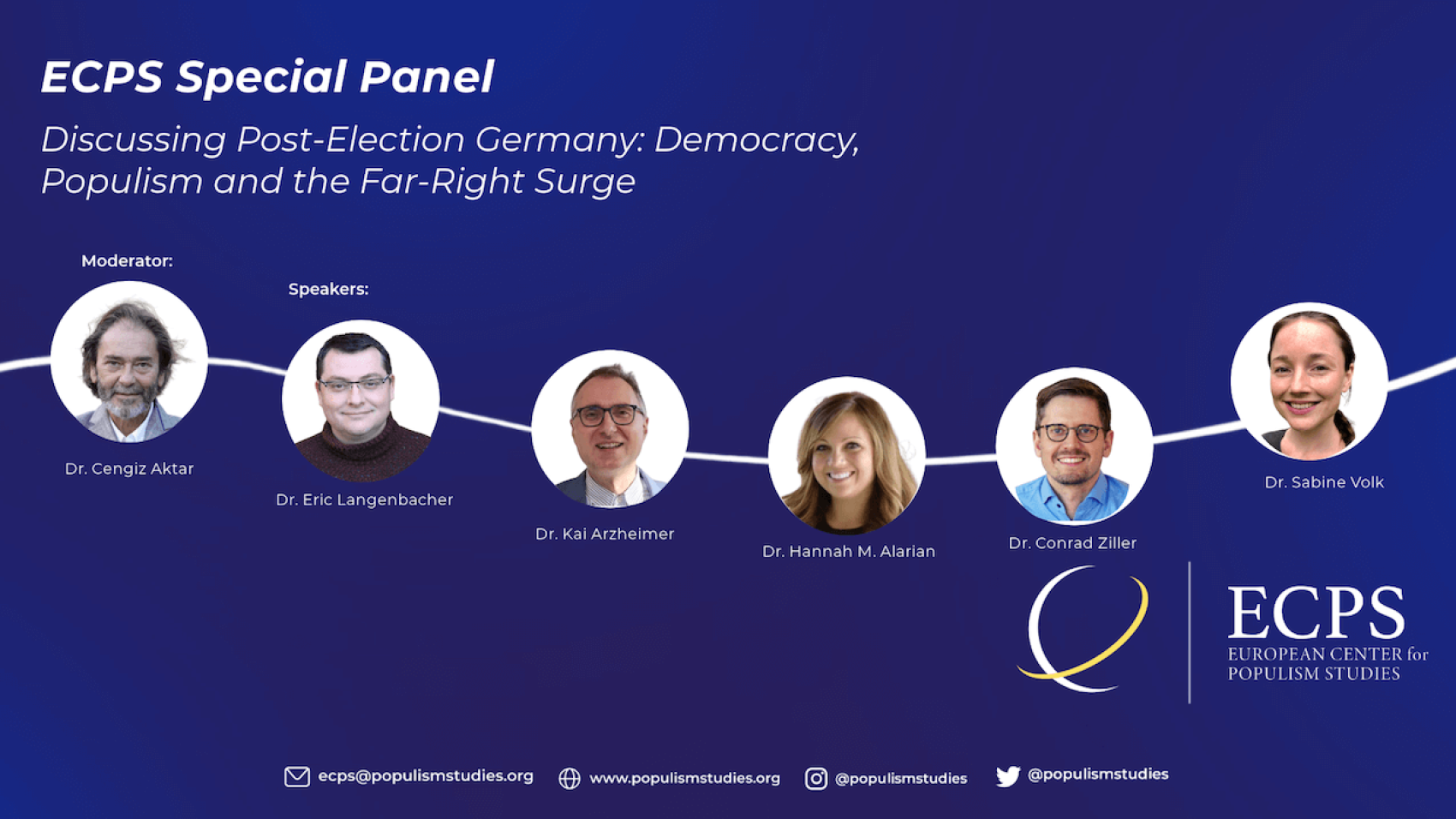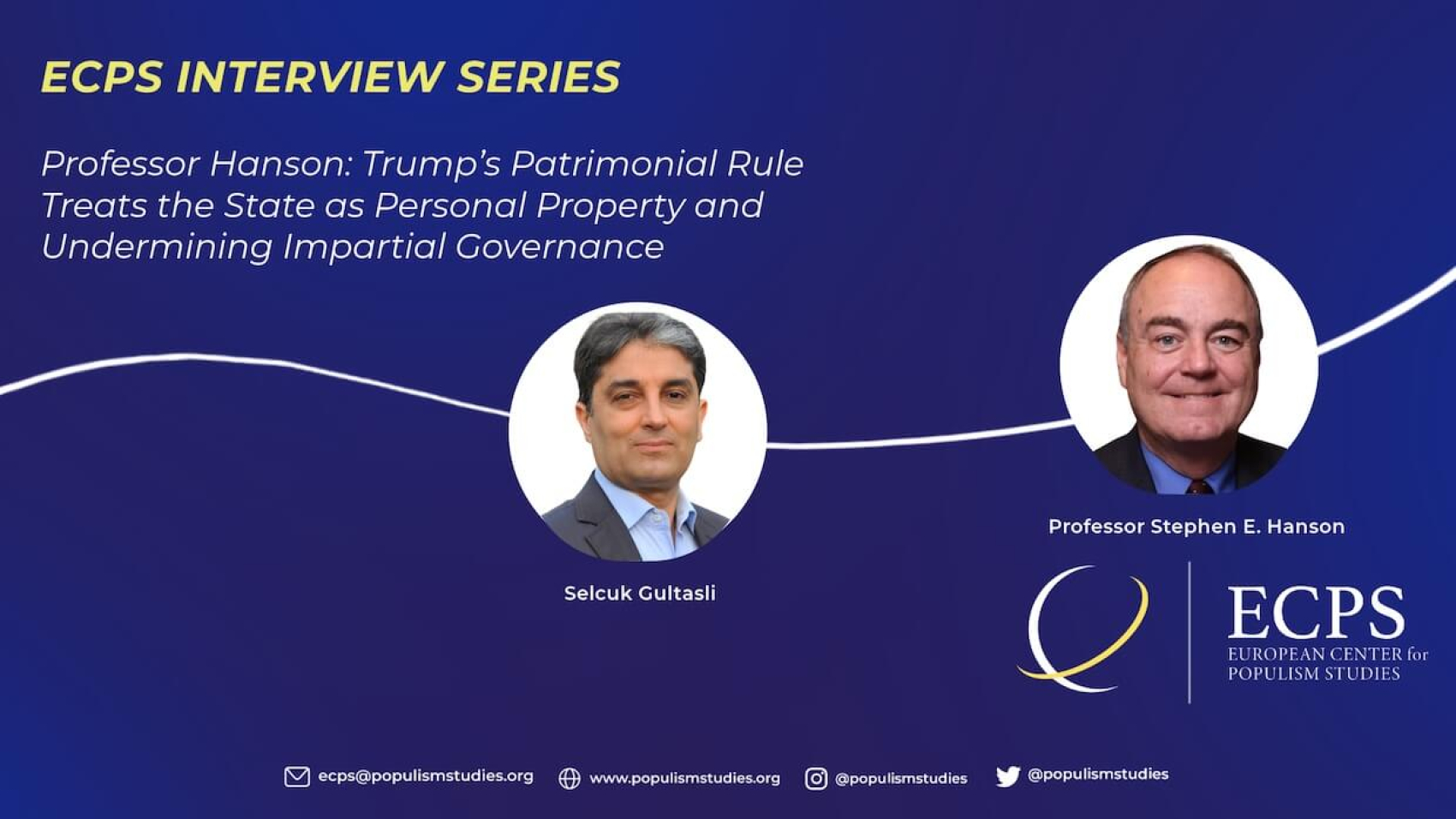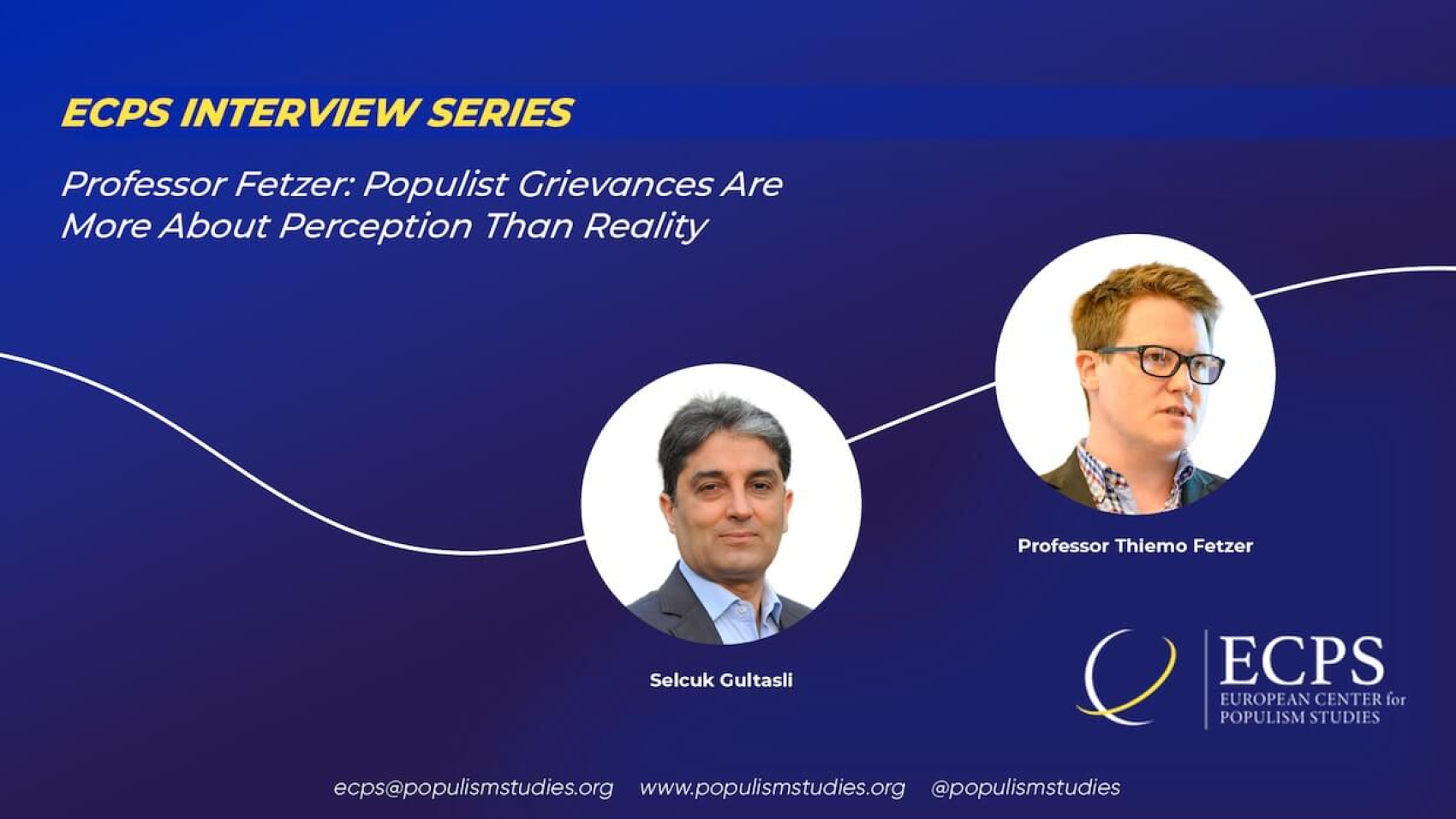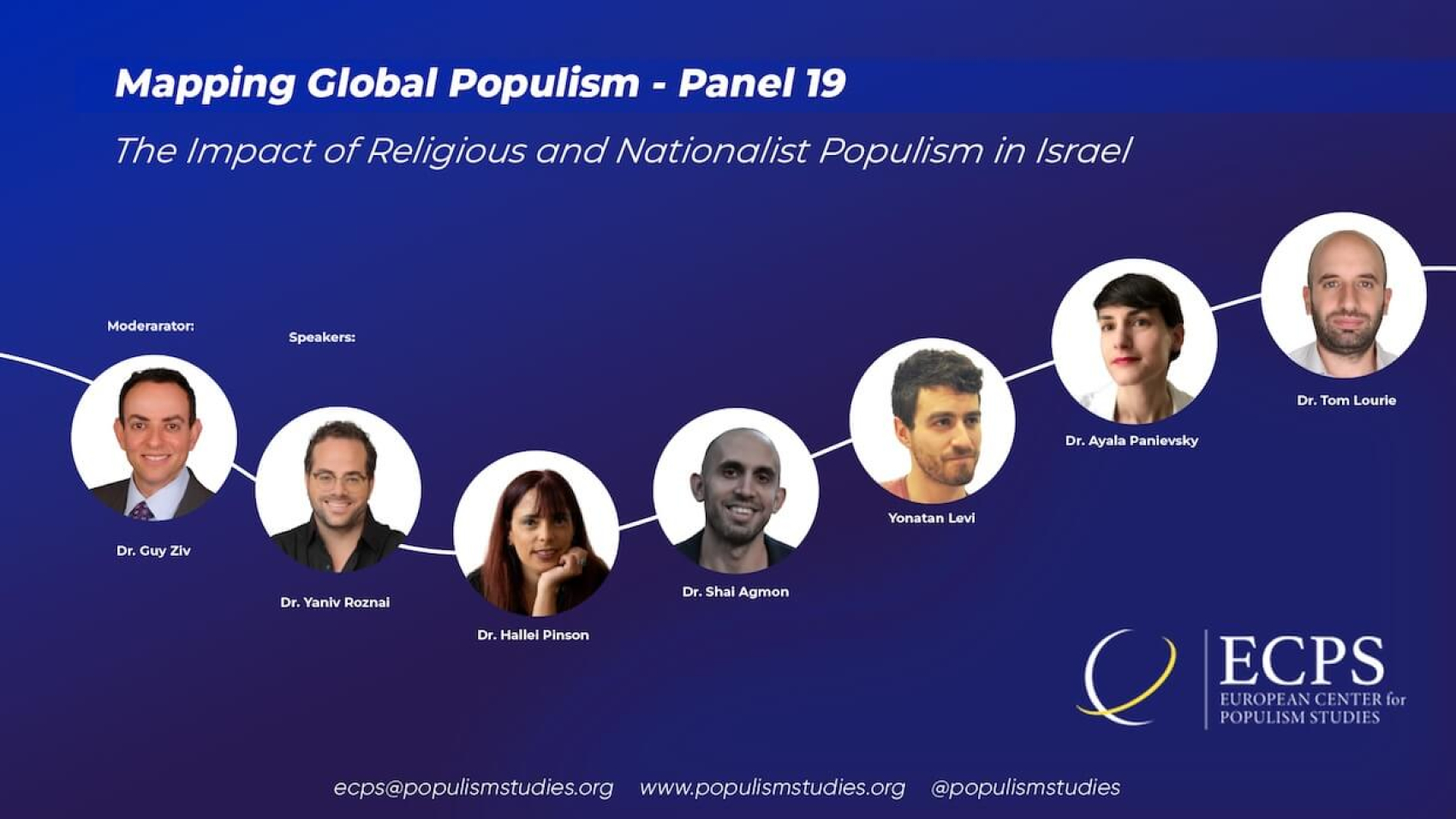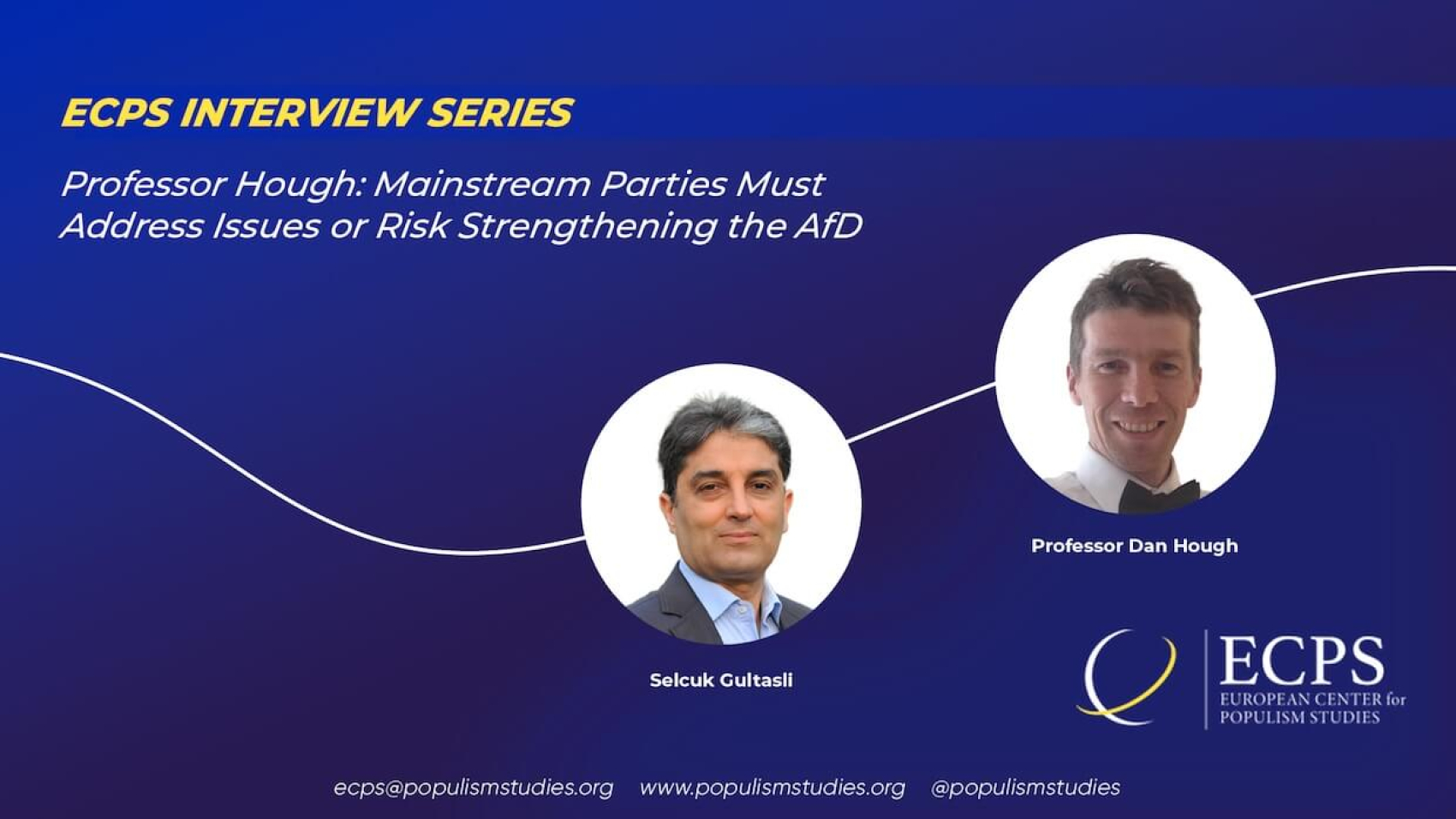In this timely and incisive interview, Professor Philippe Marlière (UCL) discusses Marine Le Pen’s conviction, the limits of far-right populism, and the resilience of democratic institutions in France. While Le Pen’s narrative frames her disqualification as a “denial of democracy,” Professor Marlière warns against buying into this rhetoric. “Politicians are not above the law,” he asserts, adding, “The far right has no free pass to establish a dictatorship in France.” A must-read on the legal, political, and symbolic stakes of France’s 2027 presidential race.
Interview by Selcuk Gultasli
In a wide-ranging interview with the European Center for Populism Studies (ECPS), Professor Philippe Marlière of University College London offers a trenchant analysis of Marine Le Pen’s conviction, the broader rise of the far right in France and Europe, and the fragile boundaries between democratic politics and authoritarian temptation. Known for his work on French and European politics, Professor Marlière opens the conversation by sharply distinguishing between fascism and the far-right populism embodied by Le Pen’s Rassemblement National (RN). “I would describe Marine Le Pen’s National Rally as a far-right party,” he says, stressing that although it is “reactionary” and “nativist,” it is “not fascist” in the classical sense, since it operates within existing democratic institutions.
The interview takes on greater urgency in the wake of Le Pen’s conviction on corruption charges and her disqualification from running in the 2027 presidential election. According to Professor Marlière, the ruling represents a “major blow” not only to Le Pen personally—who was widely seen as a leading contender—but to the party’s claim of moral superiority over the political establishment. “The conviction is so clear-cut,” he notes, “and her defense so weak,” that overturning the verdict on appeal seems unlikely.
At the heart of the conversation is the far right’s delicate balancing act between anti-establishment rhetoric and the imperative to appear legitimate within democratic norms. Marlière cautions that while Le Pen and her allies may frame the ruling as “a denial of democracy,” they have not dared to attack the judiciary wholesale, because “if she does, she risks being seen as undermining French justice and being pushed back to the political fringe.”
This fragility, he argues, reveals the limits of populist authoritarianism in France. “In a democracy, when you are a politician, you must respect the decisions of the judiciary,” he insists, citing Montesquieu’s separation of powers. And that is why, he concludes, “the far right has no free pass to establish a dictatorship in France.” Voters may be willing to punish the mainstream, but they are not prepared to dismantle liberal democratic institutions in the process.

